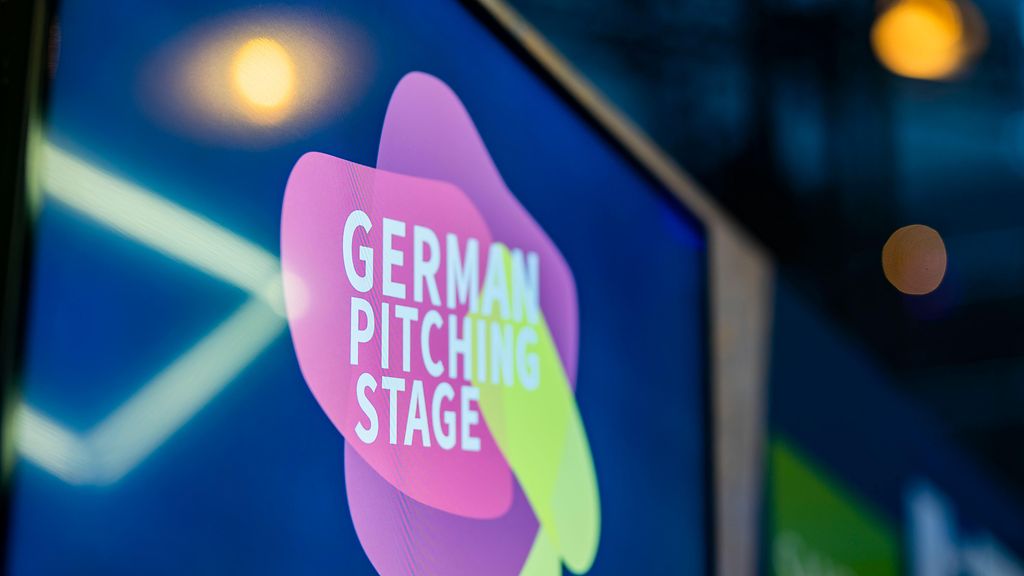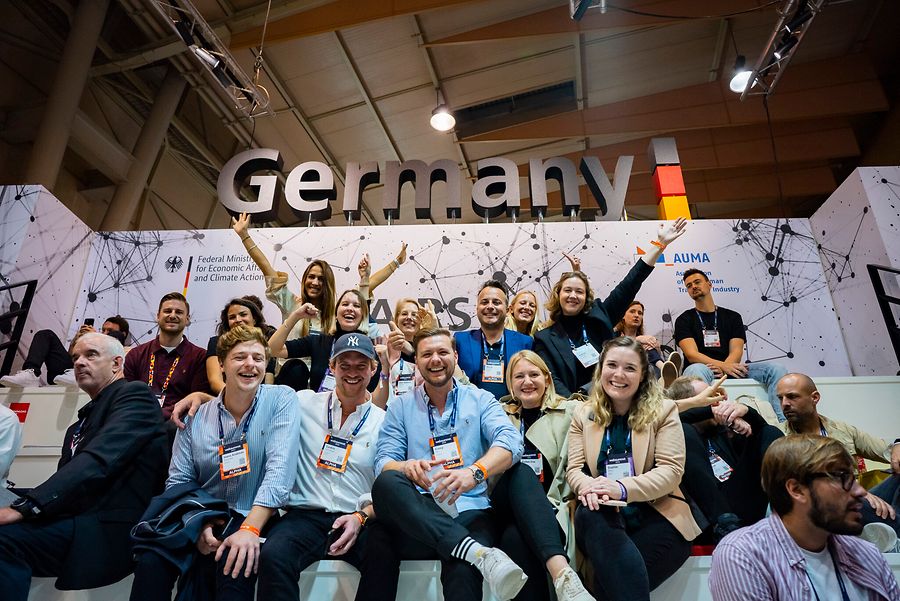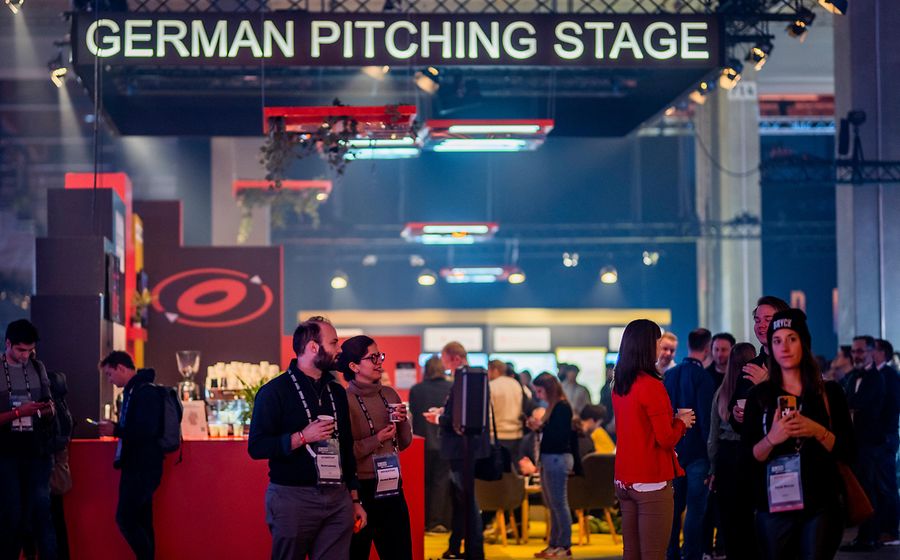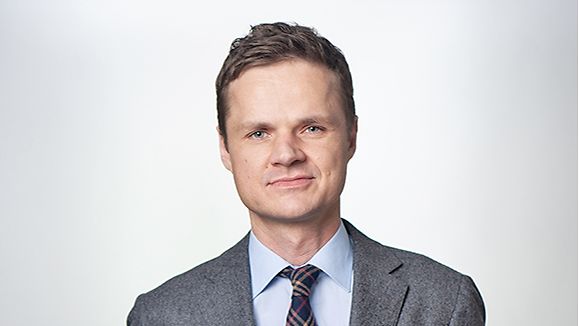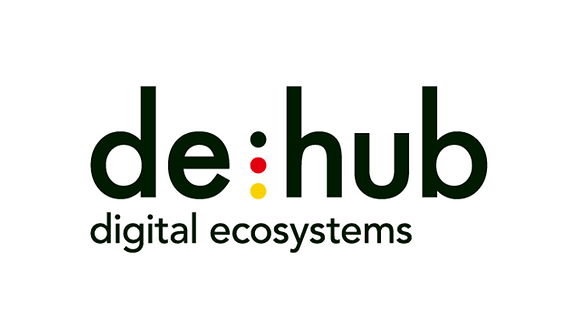Access to funding is critical for start-ups. Germany offers numerous funding options ranging from venture capital firms of global importance to state-funded programs.
Increasing VC investment
In the last years, investment volumes in German start-ups have increased significantly to EUR 17.36 billion in 2021. This is a significant level of growth when compared to the previous years of 2019 and 2020 (when investment volume amounted to EUR 6.2 billion and EUR 5.3 billion respectively). In 2021, Germany ranked second place after the United Kingdom in terms of investment volume for start-ups in Europe.
International venture capital
Venture capital firms of global importance take part in large funding rounds in Germany and international investors are increasingly active in Germany.
In 2022, the Qatar Investment Authority, Activant Capital and Neuberger Berman invested a total of EUR 1 billion in Celonis. Insurance start-up Wefox received USD 400 million from Abu Dhabi-based Mubadala Investment in July 2022.
Other major funding rounds include Sequioia Capital in Trade Republic, securing USD 900 million, Tiger Global in Mambu (securing USD 110 million), and Accel in Personio and Sennder. Personio and Sennder were able to secure USD 75 million and USD 160 million in 2021 in investment rounds with Accel.
Germany itself is home to an active community of more than 100 corporate venture capital companies. Numerous early-stage investors are active in Europe and can be broken down to VCs with pre-seed focus, seed including pre-seed and seed/series A+ including pre-seed. Some of the well-known investors include Companisto, Smart Infrastructure Ventures, PlugandPlay, and High-Tech Gründerfonds.
Germany increasingly attracts growth and late-stage investors such as Accel, Mubadala Capital Ventures, Sequoia Capital, Softbank Group, Tencent and Tiger Global. These investors have participated in some of the biggest German funding rounds with Celonis, Personio, Wefox Group, Trade Republic, Lilium, and Mambu.
German venture capital networks
BVK
The BVK – Germany‘s Private Equity and Venture Capital Association – represents 300 members, around 200 of which are holding companies including institutional investors. The association also represents the most important German corporate venture capital companies. You can search for investors subject to financial needs, transaction volume and size of revenue.
BAND Business Angels Network Germany
Business Angels Network Germany e.V. was founded in 1998 and has acted as the official umbrella organization for German business angels and their networks since 2001. You can search for business angels by individual federal state.
Deutsche Börse Venture Network
The venture network fosters network building between investors and entrepreneurs. It offers investors access to investment opportunities in young growth companies with exit potential tailored to their investment profiles. It also introduces companies to suitable investors and supports founders with training and growth know-how.
Public support programs for start-ups in Germany
Germany offers multiple public funding schemes to start-ups with a legal presence in Germany. The federal government offers extensive support information for entrepreneurs. There are programs at national and regional as well as European levels.
National level support programs examples:
Coparion, High-Tech Gründerfonds (HTGF), SPRIN-D, KfW-Programs, EXIST “Business Start-up from Science”, SME Innovative, Zentrales Innovationsprogramm Mittelstand (ZIM)
Regional level support program examples:
Federal state-owned promotional banks, different venture capital funds
European level support programs examples:
Horizon EUROPE, EIB-Venture Debt
Contact us to receive more information and to find out which program may best fit your project.
